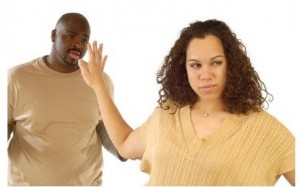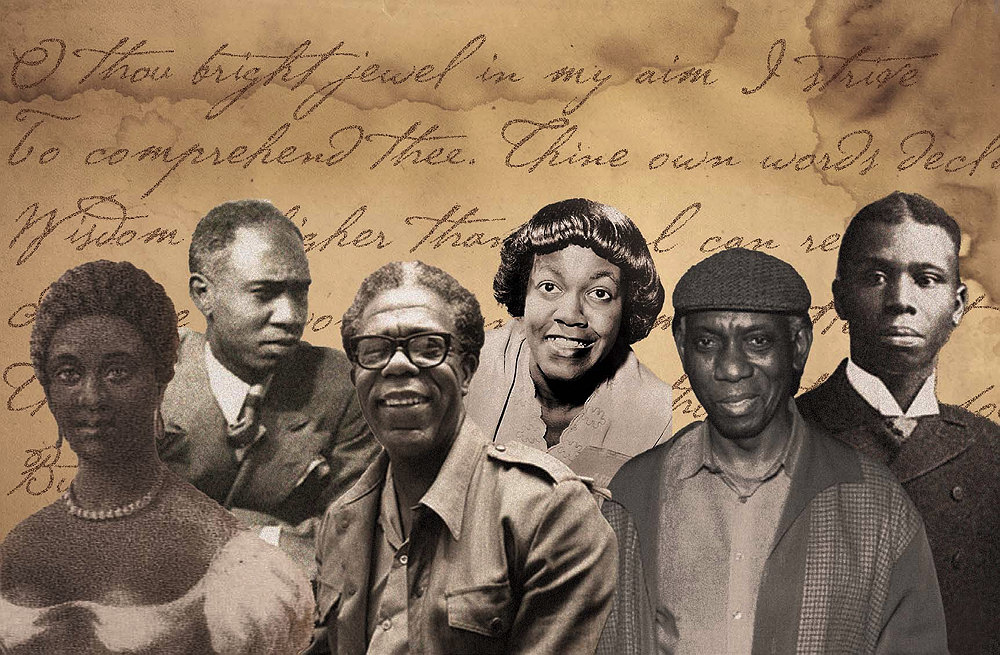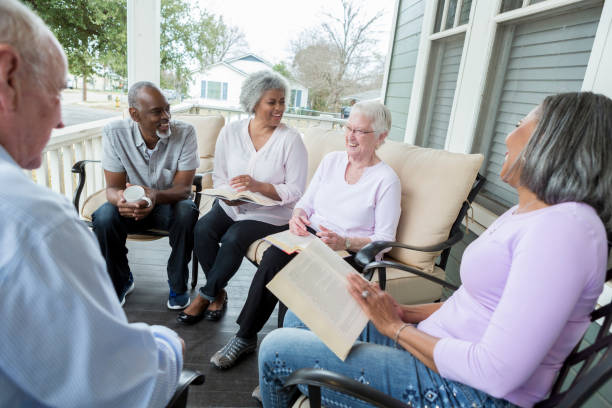(ThyBlackMan.com) At a house party one time, I saw a honey-colored, really cute sista. In between swigs of wine, as friendly introductions were being made among party-goers, I attempted to introduce myself to her:
“How you doin’, sweetheart,” I said as I smiled my winning party smile and extended my hand to shake hers in a gentlemanly way
Her response: “How you doin’, what?”
I repeated: “How you doin’ sweetheart?
Her response (this time with her lips parsed and her nose turned up): “How you doin’, what?”
By this point, the soft grasp I had of her hand became a clawing Kimbo Slice-style grip she had conjured to show that she resented the way I made my introduction. After repeating the futile exchange once more just to see if this woman was for real, I dropped it, refusing to apologize for being friendly at a social function. 
But I did get her point: Shaking her hand softly and calling her “sweetheart” was apparently an attempt to turn back years of women’s lib, and I needed to be tarred and feathered – sexist pig that I was.
Looking back, I’m sure that if I ran in to her now, “sweetheart” would probably not be on the list of things I’d call her.
Still, as I read through the pages of Cleveland-based journalist and The Root commentator Jimi Izrael‘s new book “The Denzel Principle: Why Black Women Can’t Find Good Black Men,” I couldn’t help but think of this and other incidents, where I had to be the bad black guy for being at the wrong place at the right time around the wrong sista.
Full disclosure: Jimi and I have been friends for years, so to avoid conflicts of interests, this won’t be a review of his book, but I will analyze the premise of the book, which is basically as follows:
Black women have such a hard time finding compatible mates in black men because of a pop culture–created, unattainable standard that no man could ever grasp. The man they want is handsome, rich, powerful, gallant, confident, while at the same time docile, compliant, perpetually agreeable, and automotonic.
Izrael spends chapters on his own observations of black women — including his mother, his two failed marriages, Essence magazine, Oprah Winfrey, Iyanla Vanzant, Terri McMillan (you mean it wasn’t freakin’ obvious?) and several female archetypes that a guy might run across in his dating life. But his prose is a bit too general for me and he broadbrushes sistas with one stroke, as if it’s that easy to sum up black women.
Most people reading the book would feel Izrael’s bitterness over how some of his relationships have gone, and he is known for debates in which his notions are challenged as sexist and disrespectful. Honestly I’d love to see him in the hotseat on a cable network with whichever sista he’s pissed off this week. Stuff like this makes great television.
But with that said, you can’t really take the treatise that seriously. It’s basically what guys talk about in barbershops and locker rooms. And yes, it is funny. I found myself laughing out loud a few times on the subway not only about his candor, but that he made me think of more than a few of my own ex-girlfriends.
Now Izrael does get personal in the book and is open about his relationship successes and failures, but he also gets kinda TMI, and there are things I could have lived without knowing. What’s missing is the view from the other side: he puts his ex-wives’ cruelty on front street, but I’m curious to hear their side of the story. Hmm….
He also made some salient points about hyperfeminism, such as the kind I encountered from “sweetheart” above. He’s not the only dude to be sick of being the bad black guy just because someone feels subjugated by their boss or had a rotten experience with an ex-boyfriend. If I’m not the one who cheated on you with your college roommate, then I shouldn’t be the scapegoat.
But for the record, I do disagree with him on feminism as a whole. Izrael argues that feminism is a source of the problems between black men and women. Nonsense. Feminism got women the right to vote, won educational opportunities for girls where there had been none, Title IX for example. It also opened doors in the workplace and ensured that women would have recourse in cases of sexual harassment. Around the world, feminists are fighting against atrocities, such as female genital mutilation and protecting children from forced marriages.
Izrael’s actual point is that somewhere along the line in our community, real and effective feminism somehow got watered down to a victimization chorus that way too many people joined and it ultimately alienated black men. On this, I can see where he’s going.
There is a huge industry of books, DVDs, radio shows and all types of media dedicated to so-called “self-help” and “healing,” but it really does nothing but sell perpetual victimhood. Not that there isn’t some good stuff out there, because there is. But where you’ve got smart people who tell you that you can break free from a bad relationship, or even abuse, come out an empowered survivor and actually help other people, there are twice as many soundbyte pimps who write what they write just to make an “Oprah“ appearance and make millions.
That is symptomatic of a society where it is far more valuable to have a problem than to solve one.
Still I disagree with the considerable length of time he takes to blame black women for out-of-wedlock children or the proliferation of ghettos. Conceivably yes, communities filled with fatherless children, who depend on government subsidy and have little to no economy other than a black market and no real leadership can create a ghetto of cyclically perpetual poverty. I get it, I see it all the time.
But ghettos aren’t new. They existed long before the so-called 70 percent out of wedlock black birth rate (which, by the way, is loaded bullsh*t. I debunked that in a post last year.)
When Izrael blames sistas for why the “hood is so bad,” he fails to talk about discrimination, economic divestment, redlining, gerrymandering, police corruption, educational inequality, poor public and social services, inadequate health care, crooked politicians and dirty preachers. I’m willing to bet that’s got something to do with it too, Jimi.
The “Denzel Principle” did make me ask one question, though. At what point did black men and women declare war on each other? Where is it written that we’re supposed to be natural enemies, always in predatory mode? When did the blame game start, and is one group supposed to pay reparation to the other? Who would be the judge in our civil trial?
Listen, the whole “conflict” between black men and women is contrived garbage that doesn’t do anything for us or our children. The fact is, we need each other. Both black men and women are responsible for the progress we’ve made in this country so far. I mean damn…do you really think Barack and Michelle could be where they are without leaning on each other while being responsible with their relationship? Not saying they’re the perfect couple, but there’s something to learn there.
Brothers and sisters really should call a truce. If it is true that after surviving chattel slavery, Jim Crow, the Tuskegee Experiment, the Birmingham bombings, Vietnam, Ronald Reagan and the Jheri Curl, the farthest we’ve gotten is a perpetual battle between black males and females — then Malcolm, Martin and Medgar all died in vain.
Here’s a challenge for you: this Saturday, walk up Martin Luther King Blvd. in your city (you know you’ve got one, and you know it runs through the ‘hood.). Walk in to a beauty salon and then in to a barbershop and take note of the conversations in each.
In the beauty shop, you’ll find that there are repeated lamentations of no good black men and how “n***s ain’t sh*t.” Some are said jokingly, others are dead serious, sounding like the momentum of a vengeful mob of would-be amazons, well-informed of straight razor–based punishments for infidelity. The only brother who is welcome in the conversation is “Peaches,” who is actually more feminine than any woman in the place, and is a genius with the press and curl.
Across the street, at the barbershop, you’ll find a room full of jiving, trash-talking guys whose conversations about women are similar, but not consistent. There’s more talk about the woman they’d like than the woman they’d like to get away from. The lone female there laughs along, but challenges the brothers when necessary. The “Terri” character in the film Barbershop is based on her, and she’s got a good understanding of black men — possibly from growing up with a Dad or older brothers.
As 8 p.m. approaches, the beauty salon is still going strong with the same chatter it’s had all day. Women are still coming in, as much to talk about men as to coif themselves for them. But the barbershop is closing down, and as the owner closes the metal gate, a minivan drives up with a brother in the driver’s seat and a toddler in the back. Homegirl gets in on the passenger side and the three go for a sit-down family meal at Shoney’s.
Nobody pulls up to the beauty salon.
There’s something very telling in that picture.
Written By Madison J. Gray




















There is a war between black males and females. But not EVERY male and female. Believe it or not, there are who get along. It’s the niggers/niggas and ghetto bitches who make life miserable for decent black people. Your friend is absolutely correct. Ghetto hood rats are the blame for out of wedlock children and the proliferation of th ghetto. In fact, these females are directly responsible for the large % of their sons going to jail and being murdered. The ghetto female allows drugs and weapons in her home. If it places money in her pocket, she will sell drugs and weapons out of her kitchen. You surely don’t wanna call any of them sweetheart, that’s for sure.
I will be purchasing his book.
Instead of calling black women sweetheart, baby, or darlin’, just introduce yourself by your first name then wait until she tells you her name. You may get a better response. Years back, I realiized that men were calling women baby, darlin’, and sweetheart too much. It was recognized as a ‘playa’ move. Calling her those endearments was thought to lower her guard. Soften her up. So he could sweet talk her into bed. All black women aren’t falling for that. Just my opinion.